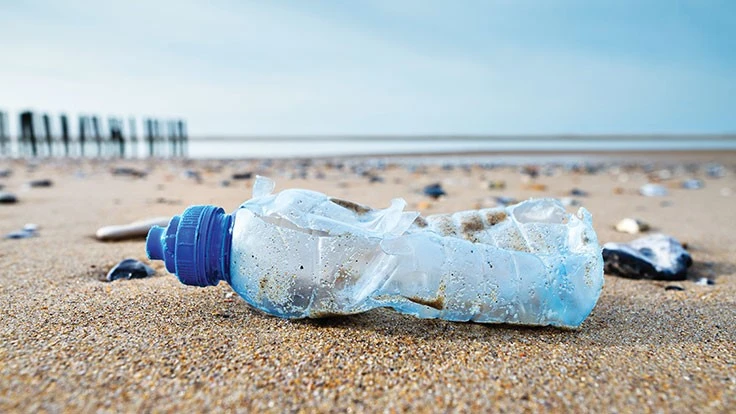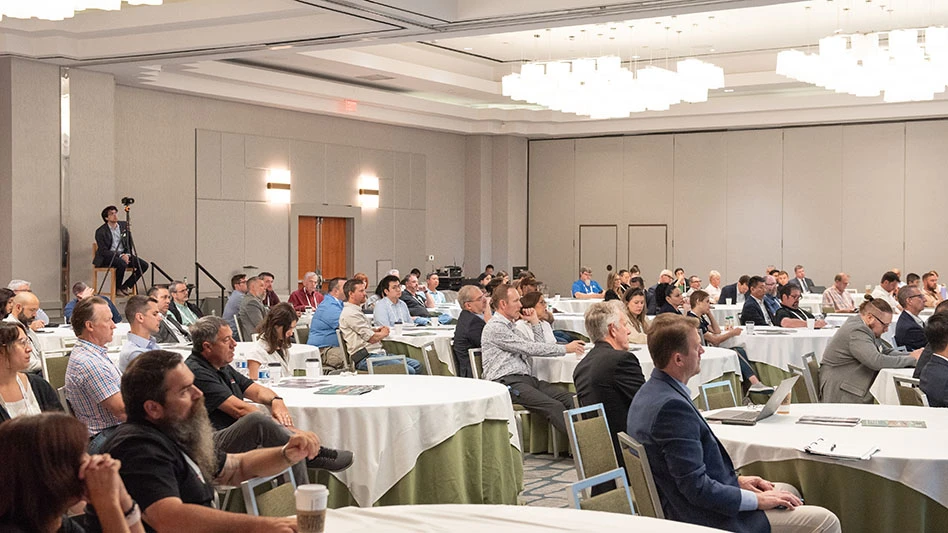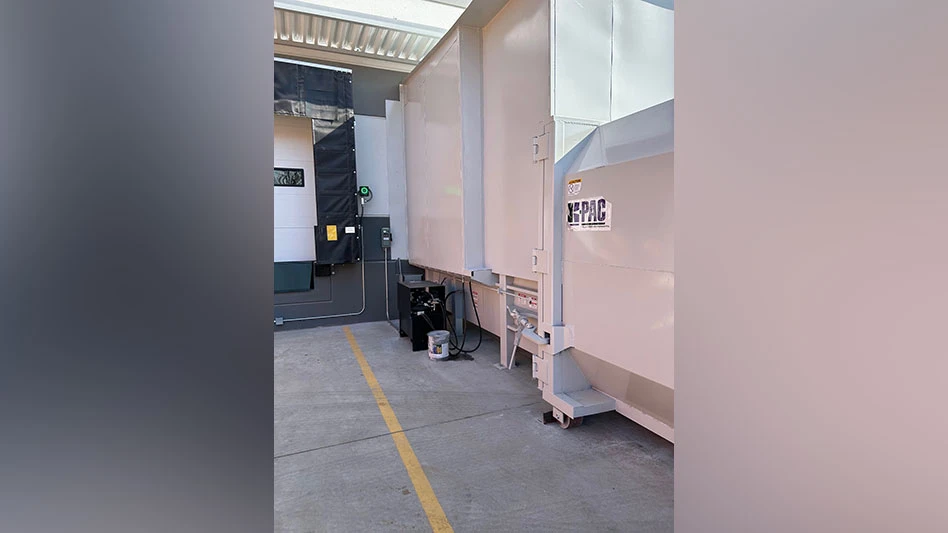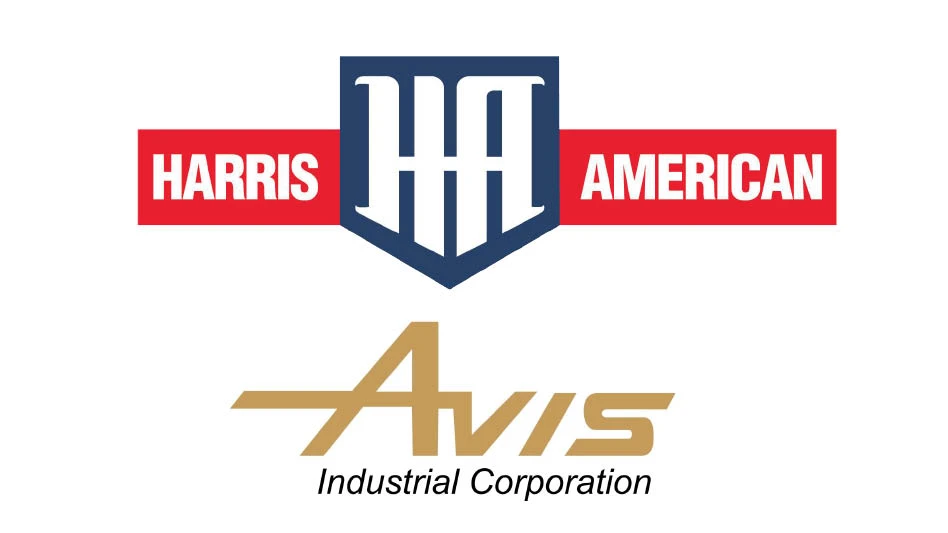
California lawmakers will soon vote on legislation that would require single-use plastic packaging manufacturers to source reduce products into reusable products and ensure all single-use packaging is recyclable or compostable by 2030.
Under the bill, producers and retailers would need to reduce scrap generated from plastic packaging by 75 percent. In addition, single-use products made from material that can't be recycled would be banned following a product review.
The bill was introduced by Assembly member Lorena Gonzalez, D-San Diego and many coauthors. After being passed in the House of Representatives, the bill was passed along to the Senate and was last amended Sept. 6.
The amendment will allow CalRecycle to conduct a review process of a product before it is banned for not meeting recycling requirements. In addition, the state agency can also give a company up to two years to meet the new regulations. The amendments were made after concerns of the state’s ability to process excess material from the new law.
Global production of plastics has reached 335 million tons per year. According to the United Kingdom-based Ellen MacArthur Foundation, there will be more plastic than fish in the sea by 2050, if no action is taken. In addition, studies have found microplastics on beaches and in drinking water.
Local governments in California spend in excess of $420 million per year in “ongoing efforts” to clean up and prevent plastics and other litter from entering rivers and polluting beaches and oceans. The costs on governments to manage material is causing an increasing interest by governments and other parties to establish extended producer responsibility (EPR) laws across the country, which place responsibility to manage end-of-life materials on producers and sometimes consumers.
The bill states “businesses selling products into California have a responsibility to ensure that their packaging and products are minimizing waste, including ensuring materials used are reusable, recyclable or compostable. This responsibility includes paying for the cost of the negative externality of recovery for materials they sell in California.”
Sponsored Content
Redefining Wire Processing Standards
In nonferrous wire and cable processing, SWEED balances proven performance with ongoing innovation. From standard systems to tailored solutions, we focus on efficient recovery and practical design. By continually refining our equipment and introducing new technology, we quietly shape the industry—one advancement at a time.
The bill is pending a third reading and final vote of approval.
Get curated news on YOUR industry.
Enter your email to receive our newsletters.
Latest from Recycling Today
- Redwood partnership targets recycling of medium-format batteries
- Enfinite forms Hazardous & Specialty Waste Management Council
- Combined DRS, EPR legislation introduced in Rhode Island
- Eureka Recycling starts up newly upgraded MRF
- Reconomy Close the Gap campaign highlights need for circularity
- Nickel carbonate added to Aqua Metals’ portfolio
- EuRIC, FEAD say End-Of-Life Vehicle Regulation presents opportunity for recyclers
- Recyclers likely to feel effects of US-China trade war









